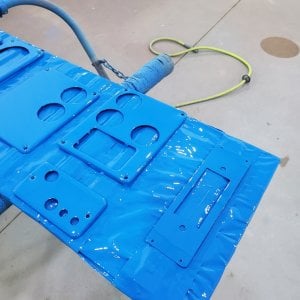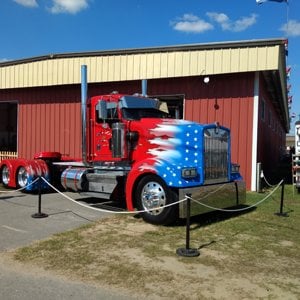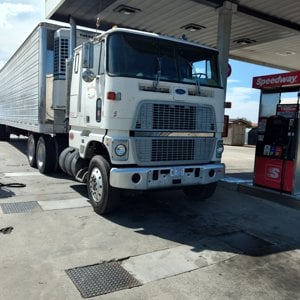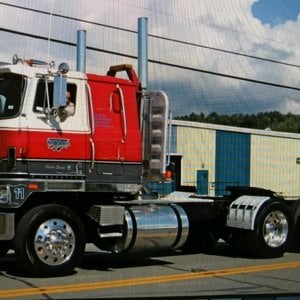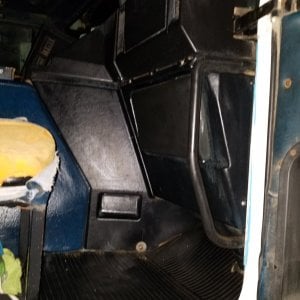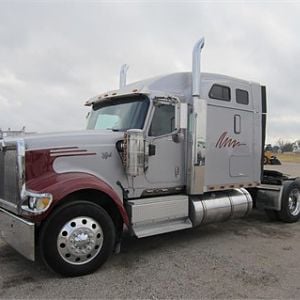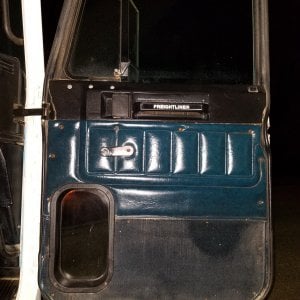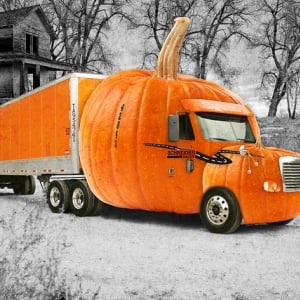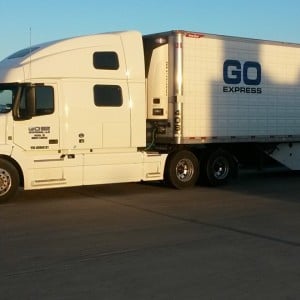Mike
Well-Known Member
The latest plan to let Mexican trucks cross the U.S. border to deliver goods to the heartland is facing the same kind of obstacles that stalled earlier efforts.
The renewal of the dispute reflects how difficult it can be for governments to meet international obligations, even those contained in a treaty, in the face of opposition from determined interest groups.
The American people "will pay the price" for "an incompetent agency, serious safety deficits with Mexican trucks at the border, and the use of a pilot program," said Jacqueline Gillan, vice president of Advocates for Highway and Auto Safety, a public interest group in Washington.
U.S. Secretary of Transportation Mary Peters announced Feb. 23 a one-year pilot program to allow about 1,000 trucks from 100 Mexican companies to start hauling freight into the United States, as soon as the end of April.
The renewal of the dispute reflects how difficult it can be for governments to meet international obligations, even those contained in a treaty, in the face of opposition from determined interest groups.
The American people "will pay the price" for "an incompetent agency, serious safety deficits with Mexican trucks at the border, and the use of a pilot program," said Jacqueline Gillan, vice president of Advocates for Highway and Auto Safety, a public interest group in Washington.
U.S. Secretary of Transportation Mary Peters announced Feb. 23 a one-year pilot program to allow about 1,000 trucks from 100 Mexican companies to start hauling freight into the United States, as soon as the end of April.


